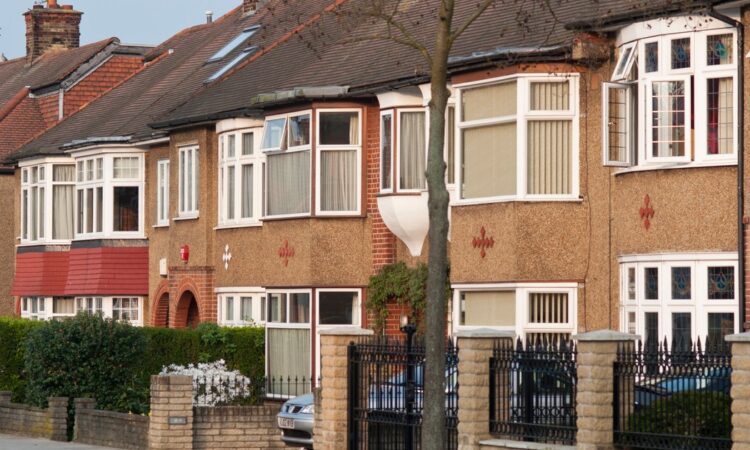
In December, the Labour Party announced a new demographic that it would appeal to: “Middle-aged mortgage man.” This was met with understandable derision from some on the left. Middle-aged males with mortgages don’t need any help, surely? Not, at least, in comparison to the young people who have been the most vocal part of the left in the last few years: graduates who rent their homes, struggle with debt and precarious jobs, and live in big cities.
Yet middle-aged mortgage man is merely the latest in a long line of focus-grouped terms that try to capture the condition of the silent majority of supposedly ‘normal people’ in the UK. There have been many over the years. Thatcher had Essex man, Blair had Mondeo man. Since then we’ve also had motorway man, Duncan Weldon’s excellent Barratt Britain, and Deano.
All these terms are vague proxies for describing a specific, elusive class that is essential to understanding British politics today: the petty bourgeoisie. Historically defined as small artisans, shopkeepers and small farmers, today they make up a sprawling class of self-employed traders, small business owners, salespeople and others.
It’s the old school friends who, when I moved back to my small hometown in Wales after being made redundant from yet another fixed-term academic contract, seemed to be far more successful than me. Many of them were self-employed brickies, cops, soldiers, or salespeople in one of the many enormous call centres that have replaced heavy industry in my area. They were married to nurses, beauticians and hairdressers. They had nice cars and almost always owned their own houses.
The petty bourgeoisie occupy a unique position in the class structure. Like the worker, they have to work or starve. But they also either own their own means of production – a shop, tools, a workshop – or a small amount of capital, like a house, that gives them a stake in the system. They are both worker and capitalist and this torn position influences everything the petty bourgeoisie does or thinks.
Despite the warmth and love in my hometown, whenever “politics” came up I noticed there was often a hardness to people’s views: I work my bollocks off – true – and I have done OK, so if someone is poor, it’s because they are lazy. They often seemed to dislike anyone they saw as idle, anyone who was perceived having something for nothing: students, immigrants, people on the dole.
The petty bourgeoisie are frequently appealed to by politicians – they’re often the ‘authentic’ people deemed to be living in the ‘red wall’ – but they are almost never named as such. Because of where they live and the fact that they sound working class (to the London commentariat, at least) they are generally treated as ‘working class conservatives’.
That’s partly to do with how class is understood in the UK. Overwhelmingly we think of class as a purely cultural phenomenon – not about what job you do or how much wealth you possess, but about what you eat or buy, or your affectations or accent. (This is why almost everyone thinks they are working class, despite all the evidence to the contrary.)






